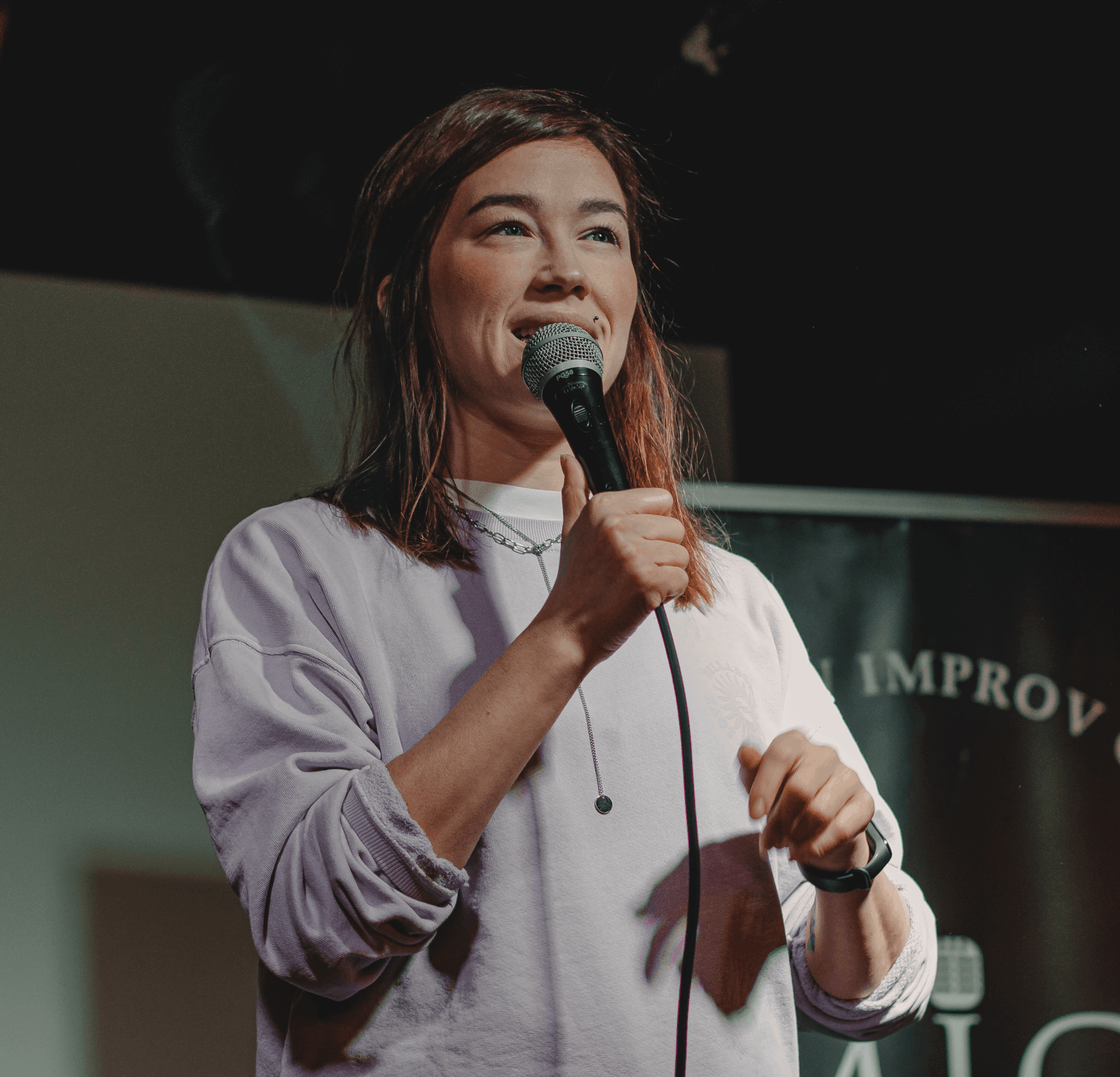We caught up with the brilliant and insightful Dina Mild a few weeks ago and have shared our conversation below.
Dina, looking forward to hearing all of your stories today. Have you been able to earn a full-time living from your creative work? If so, can you walk us through your journey and how you made it happen? Was it like that from day one? If not, what were some of the major steps and milestones and do you think you could have sped up the process somehow knowing what you know now?
I do earn a full-time living from my creative work now, but it definitely wasn’t like that from day one. It’s been a long, winding, and often chaotic road — equal parts laughter and logistics.
I started performing improv over 10 years ago, stand-up – for about 4 years. Pretty quickly I realized that if I wanted more opportunities, I’d have to build them myself. I’ve always had an entrepreneurial mindset — my mom ran her own business, and I had already launched two startups by the time I discovered improv.
I knew I wanted to pursue creative work, but I also didn’t want to work for someone else. So I set out to combine my creative side with my practical, entrepreneurial instincts. So I began organizing shows, teaching classes, and eventually founded a comedy school that’s been running for over a decade now.
For a long time, it didn’t bring in a stable income — but it gave me something even more valuable: a platform to support other comedians and build a thriving community around the art form. It also opened doors. I started getting publicity, was invited to do interviews and perform on various shows, and eventually landed a spot as a morning radio host. That was a major turning point for me — I wasn’t just a comedian anymore; I was a radio host with her own improv school.
Producing events, teaching workshops, and creating original formats — like hybrid shows that blend stand-up and improv, improvised musicals etc — became key pieces of the puzzle. Over the years, I also expanded into corporate training, using comedy and improvisation techniques to teach soft skills to companies like Pfizer, Uber Eats, and Johnson & Johnson. That helped me diversify my income and apply my creative skills in a new, valuable context.
Of course, there were many moments of doubt and financial struggle. Comedy is not a straight path — it’s more like a minefield in clown shoes. If I could go back, I’d probably tell myself to treat it like a business sooner. For a long time, I focused only on the art, but once I embraced my role as an entrepreneur — not just a performer — things shifted.
I also think I could’ve sped up the process by learning to delegate earlier. For years, I felt like I had to do everything myself — I genuinely believed no one could do it better or put in as much effort as I would. But the truth is, they can — and sometimes they even do it better. Building a sustainable creative career takes more than talent; it takes a team, a strategy, and a lot of resilience — plus the ability to laugh at your failures and keep going anyway.
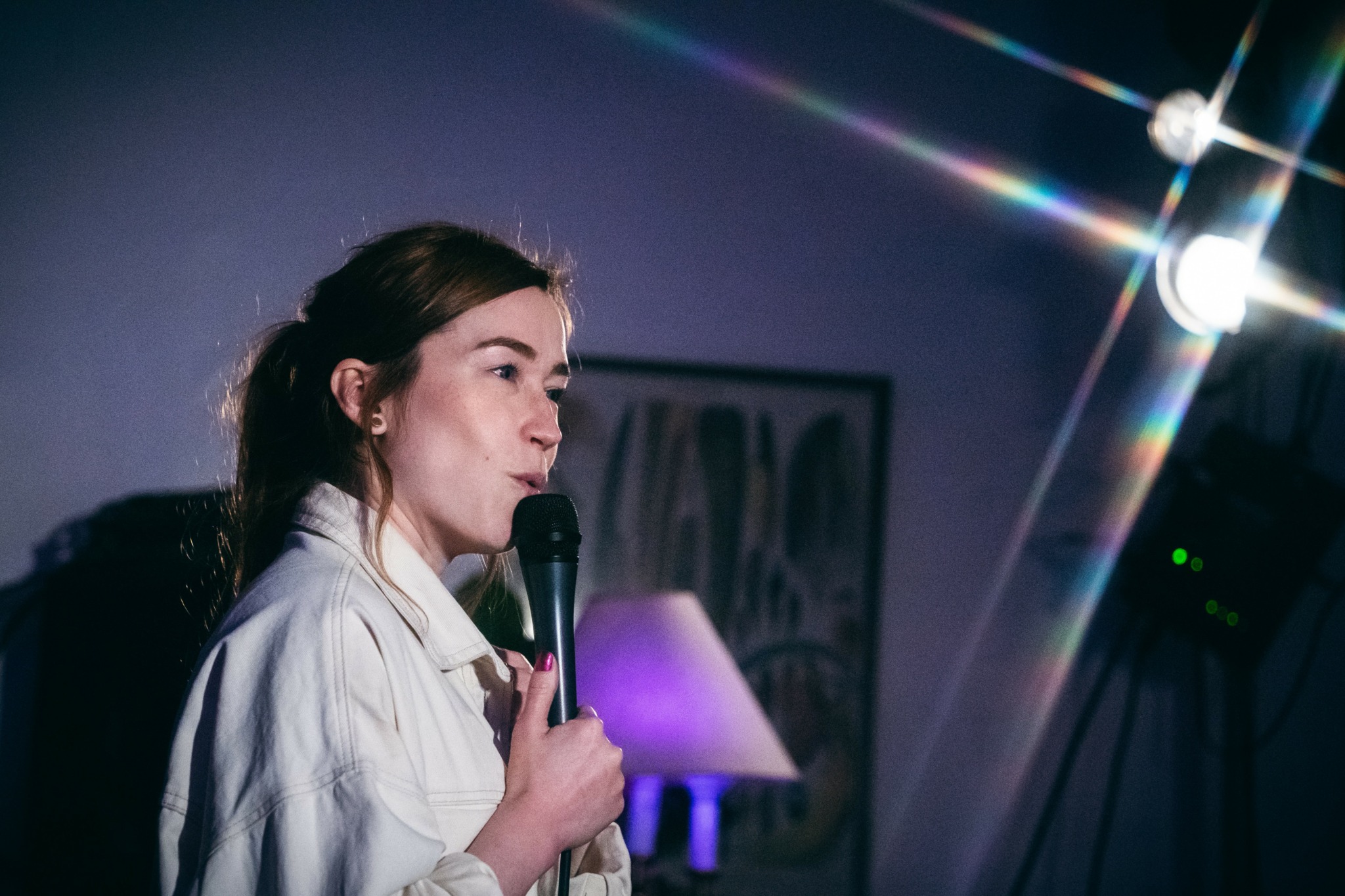
Awesome – so before we get into the rest of our questions, can you briefly introduce yourself to our readers.
I’m a comedian, improviser, educator, and creative entrepreneur with a deep passion for helping people become better communicators, more confident and open, and—most importantly—able to enjoy life a little more.
Originally from Russia, I moved to Los Angeles in 2022 after receiving a U.S. green card under the EB1A category for my achievements in improvisational comedy — a milestone that felt both surreal and affirming.
Right now, I’m working on my one-woman show for the Hollywood Fringe Festival. It’s a meaningful next step for me, as I’m still finding my footing in Los Angeles. This show is my way of establishing myself as an artist in my new home. Titled Family Values, the piece takes audiences on a personal, humorous, and thought-provoking journey through 1990s Russia — exploring themes like love, religion, parenthood, and the pursuit of happiness in a world that feels both distant and surprisingly familiar.
While my artistic work doesn’t (yet) bring in as much income as I’d like, I’ve found other ways to monetize my creative skills. I design and lead programs that help organizations strengthen teamwork, adaptability, and communication using the tools of improv. This practical, experiential approach improves workplace dynamics while reflecting my core belief: humor and creativity are powerful tools for personal and professional growth.
Across everything I do — on stage and off — my focus is on building spaces where people can take creative risks, make mistakes, and grow from them without judgment.
What sets my work apart is the way I merge an entrepreneurial mindset with a passion for the craft. I truly believe that every artist is also an entrepreneur — and we have to learn how to advocate for and promote our work. No one is coming to “discover” you. That’s the tough truth most creatives eventually face. So you have to develop skills outside your discipline — in strategy, outreach, communication — if you want to be seen.
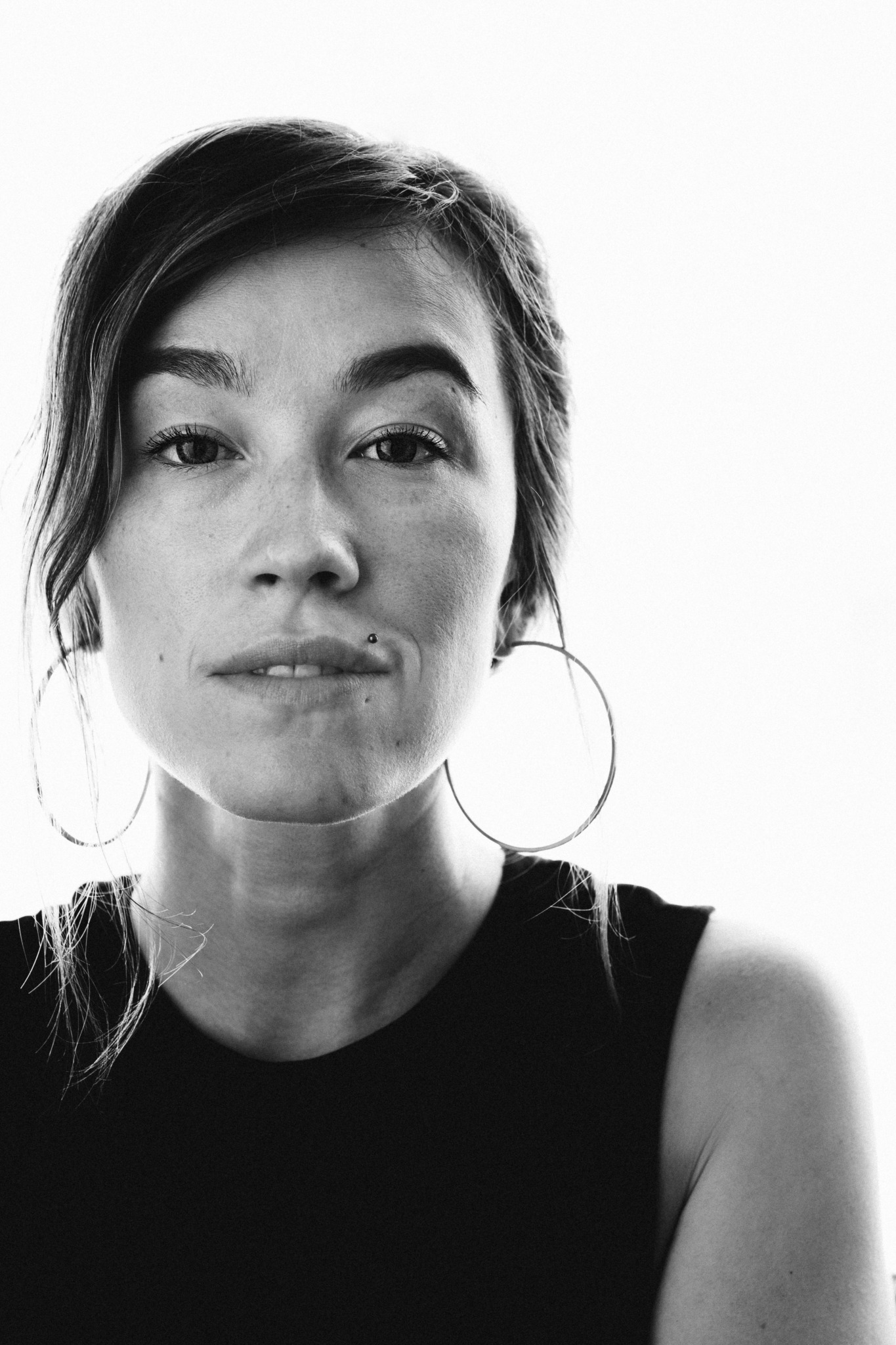
We often hear about learning lessons – but just as important is unlearning lessons. Have you ever had to unlearn a lesson?
As a millennial, I was raised with the unwavering belief that success is solely a product of hard work. The ironic twist? If you believe that, it often becomes your reality. Looking back, I realize I overlooked countless opportunities because I was always head-down, diligently working, and missing what was right in front of me.
I’ve learned that sometimes, networking at a social event can be far more beneficial than another night spent working alone. We are, after all, social creatures. An artist with strong connections, for example, will likely reach the top faster than one who relies only on their craft in isolation. This isn’t to say hard work isn’t essential; rather, it’s about learning to juggle hard work with strategic social engagement.
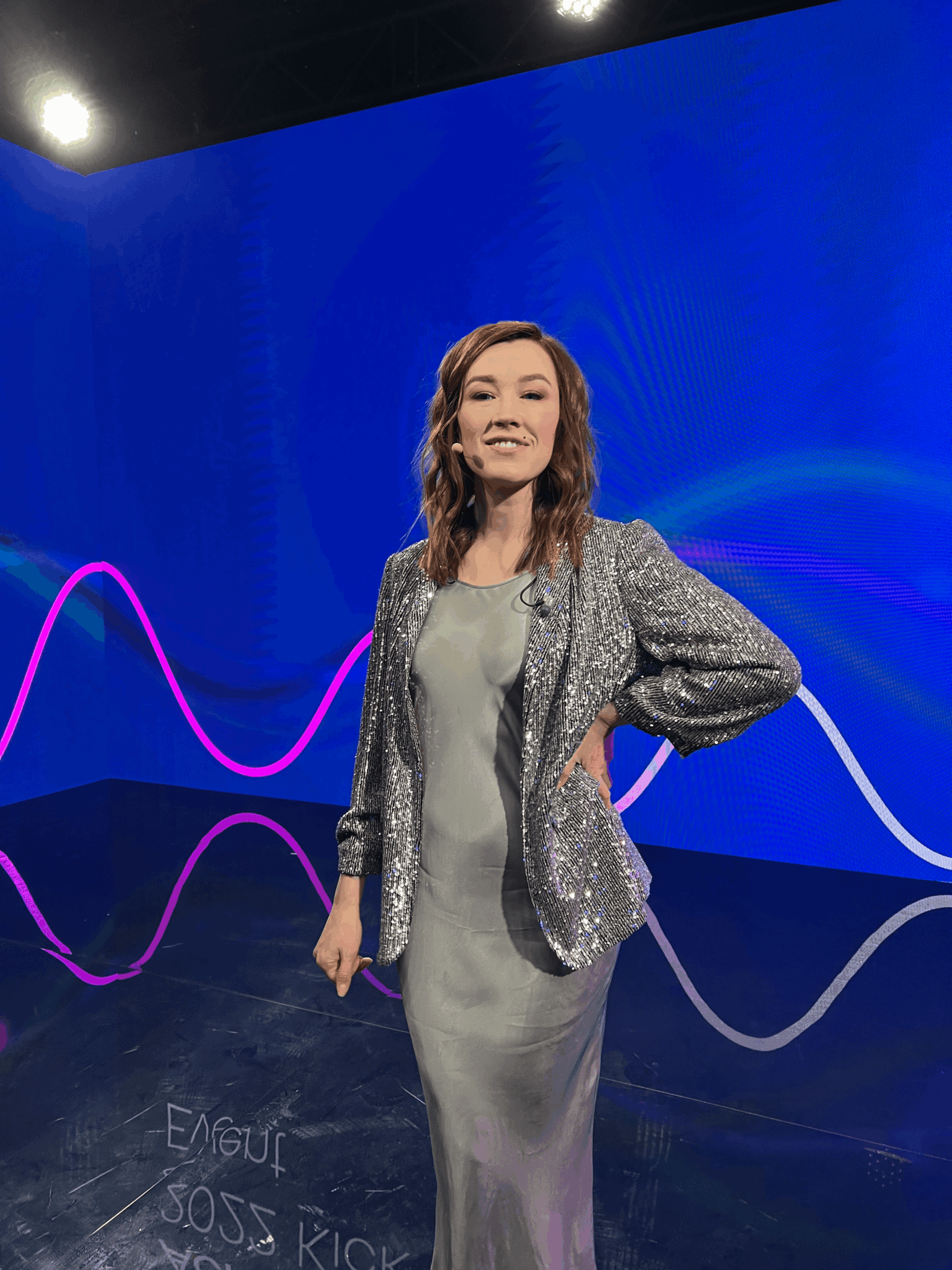
Are there any books, videos or other content that you feel have meaningfully impacted your thinking?
I believe reading should be the new social media, allowing us to engage with some of the smartest minds. My personal rule of thumb is to read as much fiction as non-fiction. While non-fiction offers valuable knowledge, fiction enriches your language and broadens your perspective in unique ways.
When it comes to resources that have profoundly impacted my management and entrepreneurial thinking, a few stand out:
1. Made to Stick: Why Some Ideas Survive and Others Die by Chip and Dan Heath.
This book changed how I approach communication and the dissemination of ideas.
2. The 4-Hour Workweek by Timothy Ferriss.
This resource challenged my preconceived notions about productivity and lifestyle design.
3. The Happiness Trap: How to Stop Struggling and Start Living by Russ Harris.
While not strictly a business book, its insights into psychological flexibility have been invaluable for navigating the stresses of entrepreneurship and leadership.
Contact Info:
- Instagram: http://instagram.com/dina_mild/
- Linkedin: https://www.linkedin.com/in/dinamild/
- Youtube: http://youtube.com/dinamild
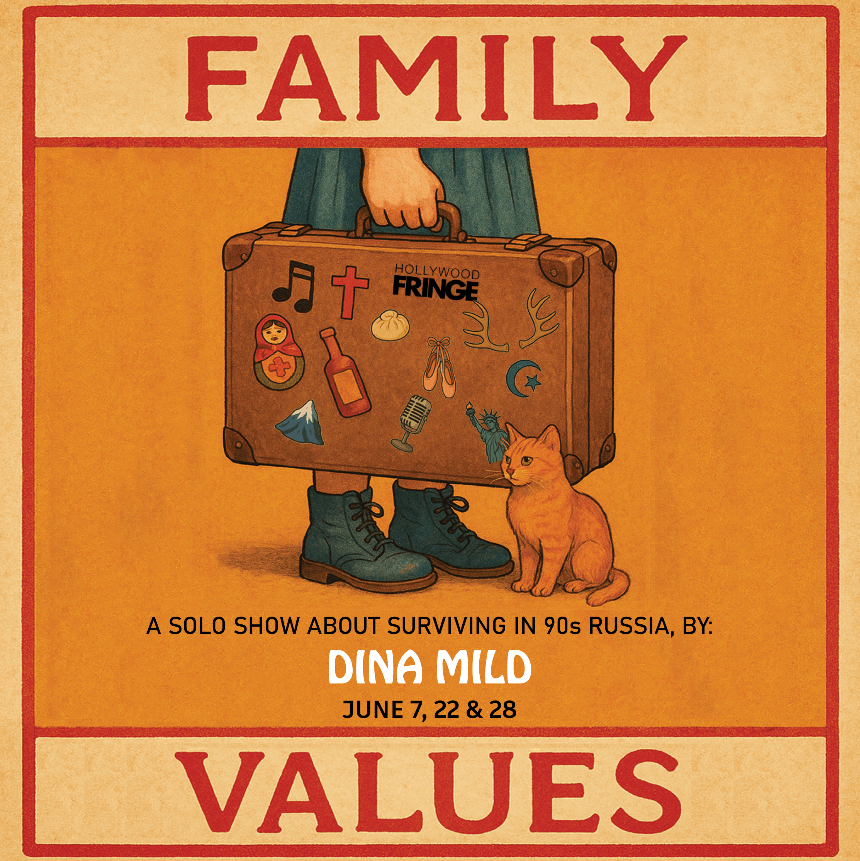
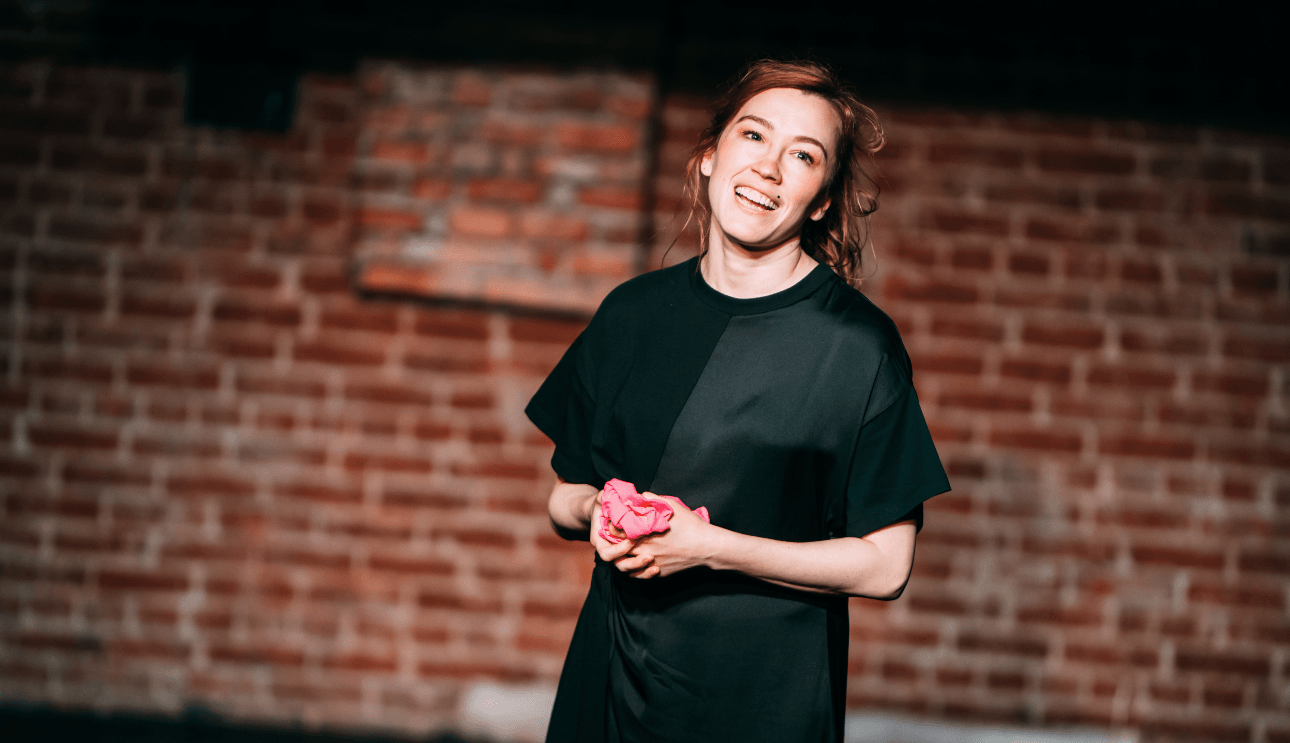
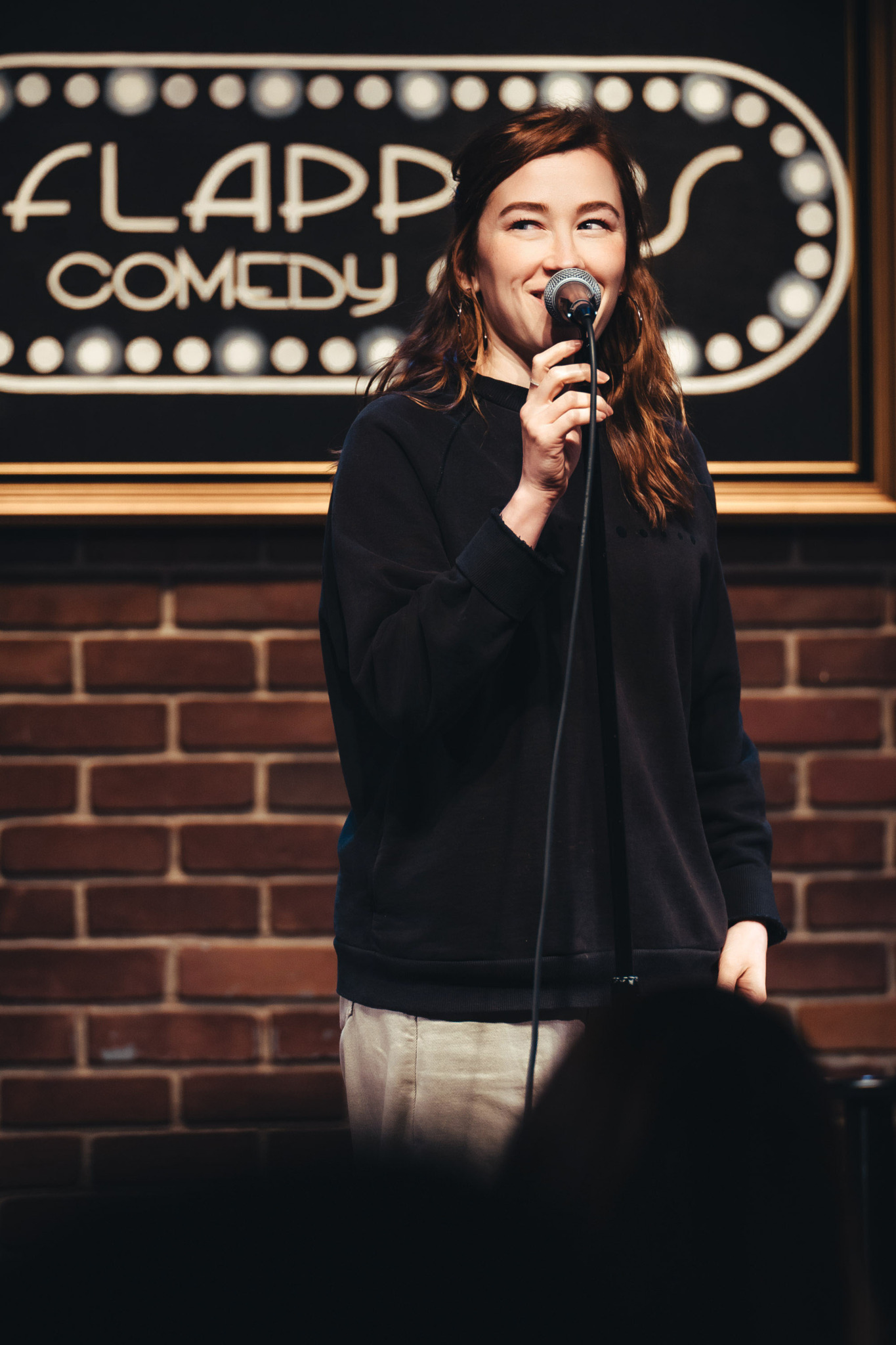
Image Credits
Juan Robledo, Ian Zandi, Igor Ben


